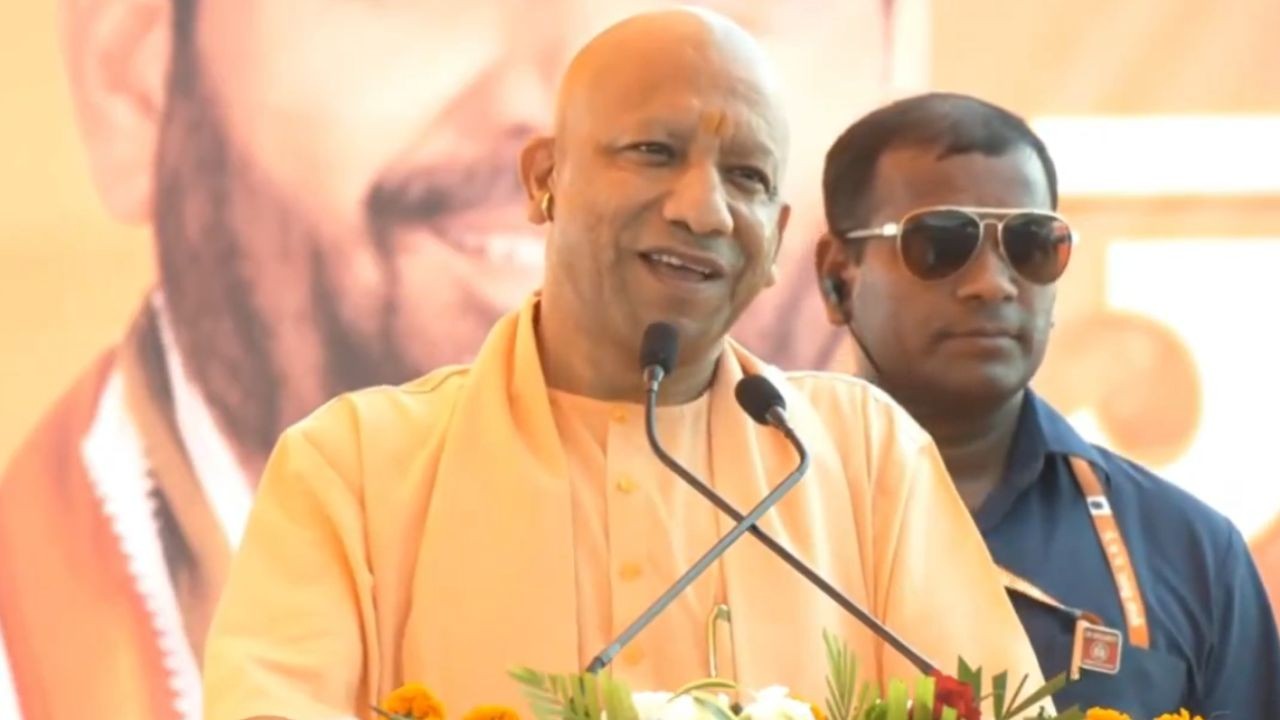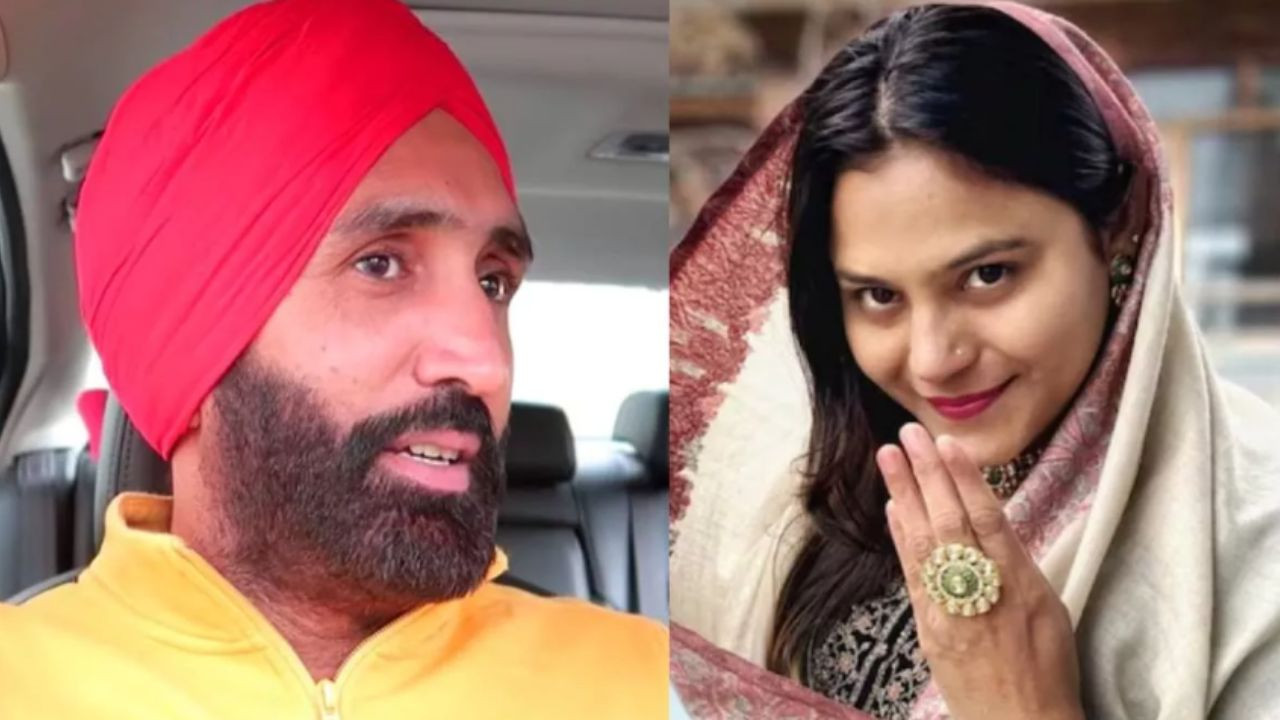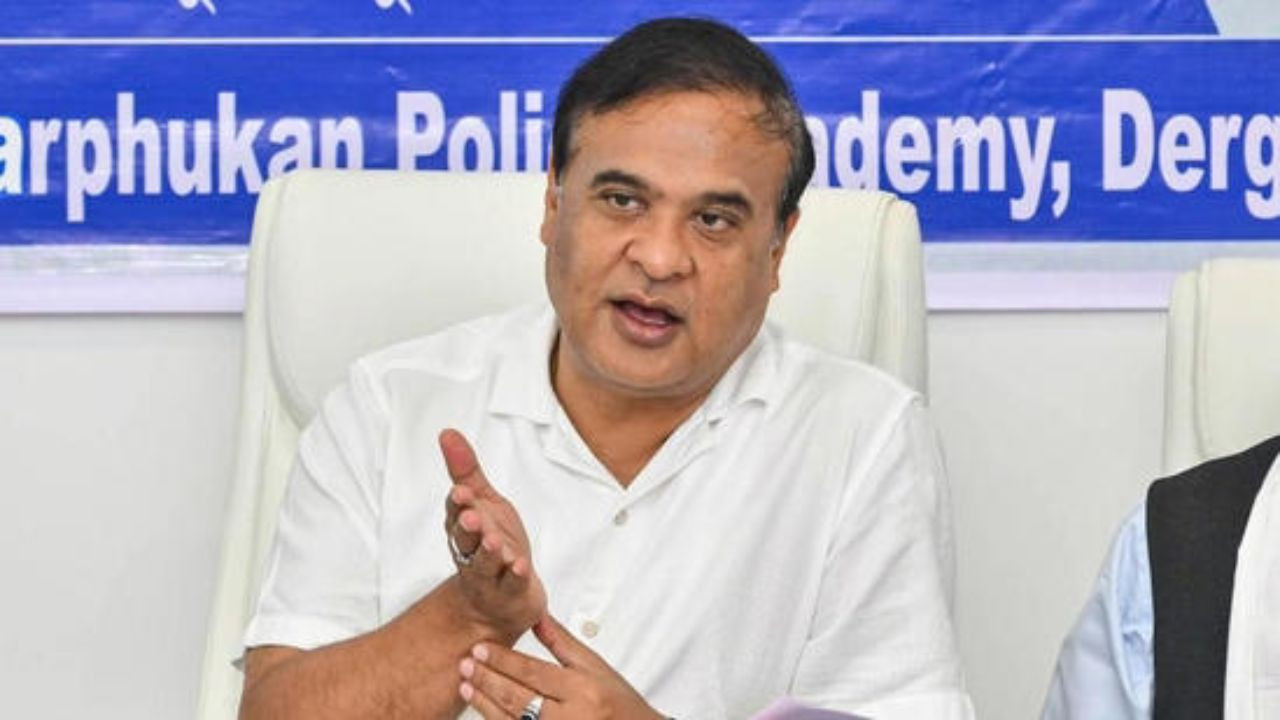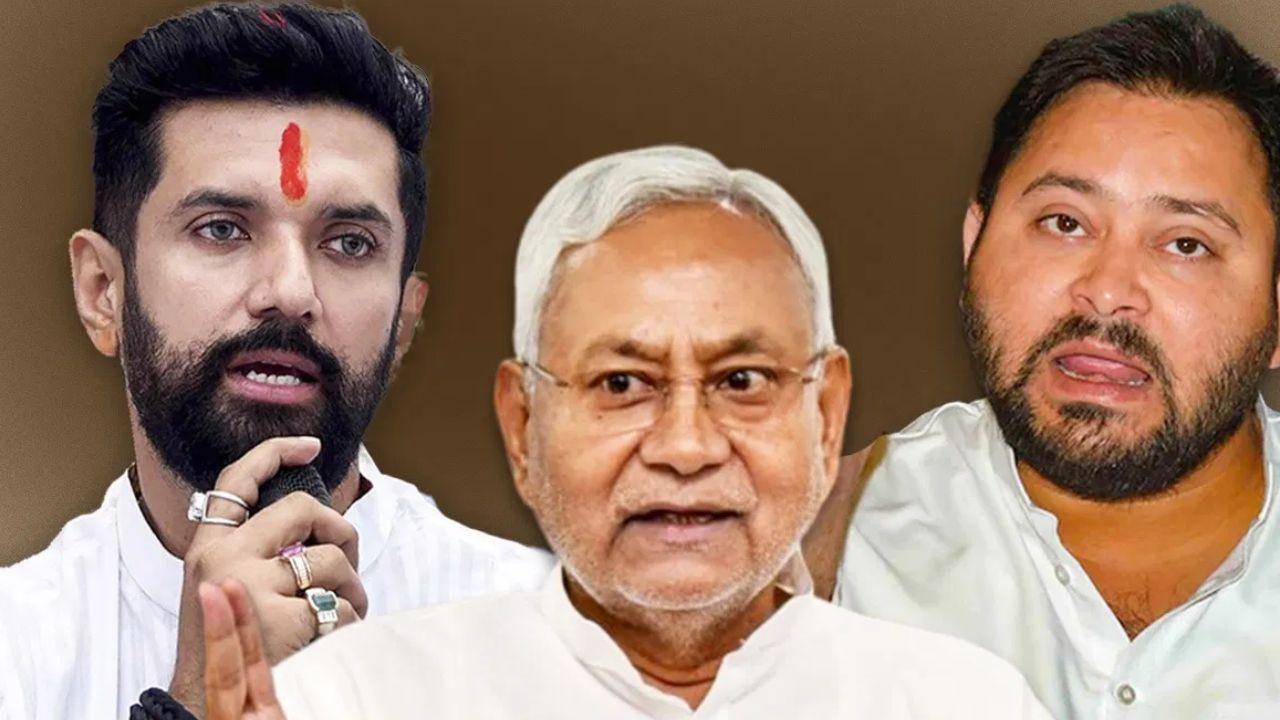National News: Online dating has simplified the search for a life partner for youth from small towns to metros, but AI-based deepfake technology has turned it into a dangerous romance scam. Cybercriminals are duping people using deepfake videos, audio and pictures, and such cases are increasing rapidly. According to a recent report by the British government, more than 8 million people may fall victim to romance scams through deepfake technology in 2025. This number is 16 times more than the 5 lakh cases of 2023. A report by cyber security firm McAfee suggests that more than 20% of online scams occurring globally in 2025 will be related to romance scams, with more than half of the victims being under the age of 25.
The growing threat of deepfake scams
Deepfake technology has developed so much that fake videos and pictures look exactly like real ones. It is almost impossible to identify them without special techniques. For example, 53-year-old Beth Highland in Michigan, US, was duped of Rs 22 lakh by a man named Richard, whom she met on Tinder, through deepfake Skype calls and fake photos.
According to the FBI's 2023 Internet Crime Report, romance scams in the US caused a loss of Rs 36 thousand crore. However, the actual loss may be much higher than this, as only 7% of victims file a complaint.
How and from where are deepfake scams operating?
According to the 2025 report of the UN Office for Drugs and Crime, 60% of deepfake scams operate through international networks, especially from countries where laws are weak. According to the 2025 report of Interpol, criminal gangs in Southeast Asia and Africa are selling deepfake tools on Telegram and the dark web. Cryptocurrency is used to buy and sell these tools, which is extremely difficult to track.
Growing threat of cyber fraud in India
Deepfake based cyber fraud is also increasing rapidly in India. Scammers are duping people through fake audio, video and voice cloning using AI. In 2024, an average of Rs 60 crore was committed in cyber fraud every day in India. More than 6,000 complaints were registered daily on the National Cyber ‚‚Crime Portal. Scams like digital arrest increased so much that the central government, RBI and media had to run awareness campaigns.
How do scammers make excuses?
According to the FBI report, in 90% of romance scams, criminals extort money by making excuses like medical emergency, legal expenses or lost luggage during travel. Young people, who are less emotionally experienced and less technically aware, easily fall into these traps.
Take these precautions in online dating
Take the following precautions to avoid romance scams:
- Choose reliable dating apps: Use only safe and trustworthy dating platforms.
- Check profiles: Photos, job titles or statuses may be fake. Use reverse image search or deepfake detection tools (like Reality Defender).
- Don't share personal information: Don't share address, bank details, Aadhaar card or office details immediately.
- Share social media cautiously: Share social media accounts only after you trust someone.
- Look at conversation patterns: If someone avoids phone or video calls or talks about love/marriage too soon, be cautious.
- Make video calls: Pay attention to unusual behaviour (like not blinking) during video calls.
- First meeting in a public place: Share location and details with family or friends.
- Be careful when asked for money: Be cautious of excuses like medical emergency or business loss.
Complain immediately if you are cheated: Inform the bank, dating app and police immediately. A quick complaint can reduce losses in 30% of cases. Online dating has made the search for relationships easier, but deepfake technology has also made it risky. Caution and awareness are the biggest weapons to avoid this danger. If you suspect that you have become a victim of fraud, immediately inform your bank, dating app and local police.













